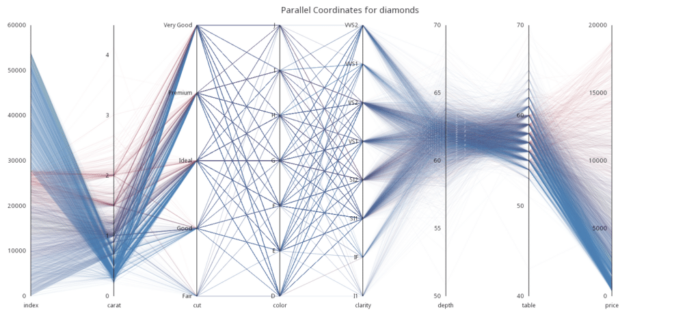kdb+ is well known as a high-performance, in-memory database optimised for real time analytics on timeseries data. It is designed to handle large volumes of data and complex queries efficiently and cost effectively, using multithreading capabilities to optimise memory and compute resources. Those capabilities for parallel processing similarly enable horizontal scaling for extreme workloads and ultra-high-performance use cases. A number of its parallelization features are outlined below:
- Parallel Query Execution: kdb+ has built-in functionality to automatically parallelize queries over multiple CPU cores or threads. This can lead to significant performance improvements for complex queries. Read this paper for more information on multi-threaded primitives in kdb.
- Vectorized Operations: kdb+ is known for its vectorized operations, where operations are applied to entire arrays of data rather than individual elements. This enables parallelism at the instruction level, as operations can be applied to multiple data points simultaneously.
- Data Partitioning: kdb+ allows you to partition your data across multiple nodes or servers. This data partitioning can be used to distribute the workload across multiple processors or machines, enabling parallel processing of queries.
- Parallel I/O: kdb+ optimizes its input and output operations for parallelism. This means that when reading or writing data, kdb+ can take advantage of parallel disk or network operations to maximize throughput.
- Interprocess Communication: kdb+ provides efficient interprocess communication (IPC) mechanisms, such as messaging and shared memory, which enable parallel processing across multiple kdb+ instances or nodes.
It is important to note that while kdb+ provides these capabilities for achieving parallelism, effective parallelization often requires careful design of data structures, queries and overall system architecture. Properly partitioning and distributing data, as well as optimizing query logic, are essential for achieving the best performance in a parallel processing environment. This whitepaper discuss these other points in more detail.
For further information on kdb please visit code.kx.com


